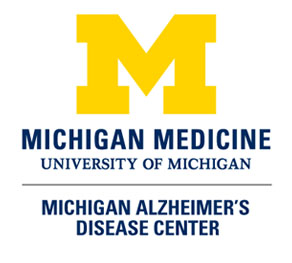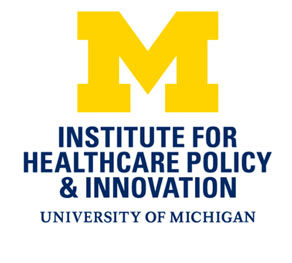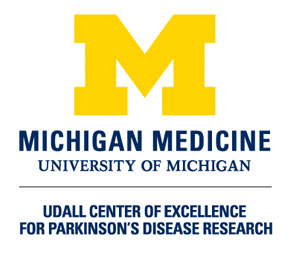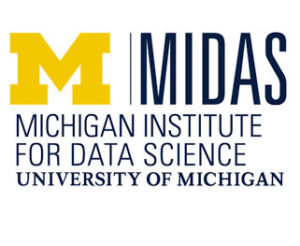Bringing together data science, health, and healthcare expertise, the Health Analytics Collaboratory develops new methods for data computation and representation; advance transdisciplinary research and education; and support open-scientific collaborations and discovery. The four pillars of HAC explicitly identify its major types of constituents – (1) Clinicians and health science investigators, (2) Methods and basic science researchers, (3) computational, statistical, informatics, and ethics researchers who share an interest in health and healthcare, and (4) Engineers and others interested in tool development.
Mission & objectives: (what we do/what our role is) Promote health innovation and healthcare research through the development and application of advanced transdisciplinary analytics, blended data science methods, education, training, and engagement.
Vision: (clear direction we want go) Incubator fostering integration of research, development, collaboration, education and training, and outreach in data science and health analytics.
Values: (drivers of our activities) Open-scientific development and discovery, transparent resource sharing, scientific reproducibility.
Data Science
The fourth pillar of scientific discovery (in addition to experimental, theoretical and computational sciences) is the science of extraction of actionable-knowledge from Big Data. It uses techniques from many disciplines including engineering, mathematics, probability, statistical computing, machine learning, programming, biostatistics, design, pattern recognition, visualization, uncertainty modeling, data warehousing, and high performance computing (HPC).
Health Analytics
Health analytics employs advanced technologies, heterogeneous methods, and diverse skills to provide modeling, understanding, forecasting, and prediction for health-related business, clinical and programmatic insights into the complex biological, physiological, environmental, genetic and phenotypic characteristics that drive healthcare and biomedical outcomes, evaluate costs and assist administration. Health Analytics rely on modeling, optimization, computational, predictive analytics and machine learning, and artificial intelligence to provide insights for care improvement, financial strengthening, administrative performance, and public relationships.
Partners





